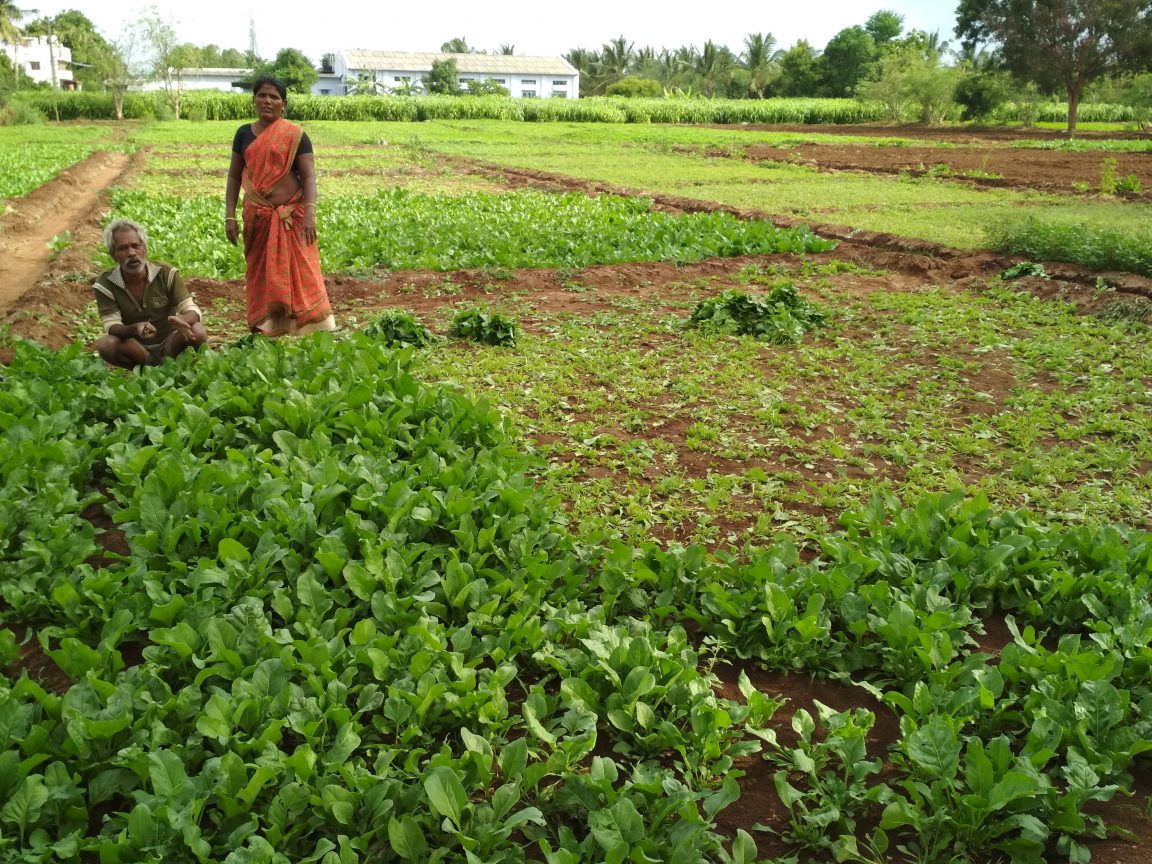The alarming deterioration of water bodies and its profound implications for agriculture took centre stage at the seventh edition of ‘Uzhave Thalai’, a prominent agricultural seminar held at the Codissia Trade Fair Complex in Coimbatore on Sunday. Experts and environmentalists converged to underscore the escalating challenges faced by farmers due to shrinking water availability, declining soil health, and rising input costs, painting a stark picture of the region’s environmental vulnerability and its direct impact on food security and public health.
Senthur Pari, President of ExNoRa International Foundation, delivered a compelling keynote address, revealing that despite 65 per cent of India’s population engaging in agriculture, a staggering 88 per cent of farmers operate on less than two hectares. He highlighted a critical disparity: Tamil Nadu, while accounting for four per cent of India’s landmass and seven per cent of its population, possesses a mere two per cent of the nation’s total water resources. This imbalance creates an inherent vulnerability, intensifying the competition for water across various sectors and posing an existential threat to traditional agricultural practices.
Drawing a stark parallel to Chennai’s harrowing 2019 ‘Day Zero’ water crisis, Mr. Pari issued a grave warning for the Coimbatore region. He stressed that the area is already reliant on neighbouring Kerala for its drinking water supply, while water for agricultural purposes remains critically scarce. The grim reality, he stated, is that the region has witnessed the loss of “one-third of our water bodies in the last 30 years.” This loss, coupled with rapid urbanisation and changing lifestyles, not only exacerbates water scarcity but also contributes to the pollution of remaining sources, leading to an increase in health concerns, including chronic diseases such as diabetes and cancer.
The escalating water deficit is compelling farmers to pivot towards less water-intensive crops, a necessary adaptation but one that fundamentally alters traditional cropping patterns and livelihoods. The seminar, while confronting these severe challenges, also served as a vital platform for knowledge exchange, featuring sessions led by experienced farmers and subject experts. Discussions spanned critical topics such as sustainable dairy practices, balanced feeding strategies, and the cultivation of drought-resistant crops like tamarind and kodukapuli, along with the burgeoning potential of neem-based agri-business management.
The deliberations at ‘Uzhave Thalai’ serve as a crucial call to action for collective responsibility in water conservation and environmental stewardship. For cities like Coimbatore, aspiring towards zero net carbon and sustainable development, the health of its water bodies is paramount. Addressing this crisis requires integrated strategies encompassing rainwater harvesting, restoration of traditional water systems, stringent pollution control, and the promotion of water-efficient agricultural practices. The future of Coimbatore’s economy, its citizens’ health, and its ecological balance hinge on a renewed commitment to safeguarding its most precious resource: water.
Also Read: Pune’s Ajit Pawar directs urgent action on Hinjawadi traffic encroachments


